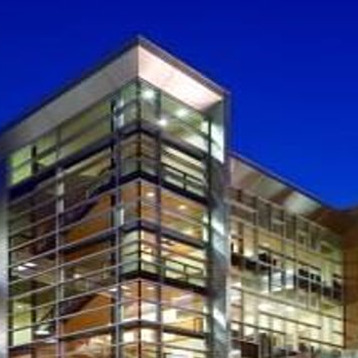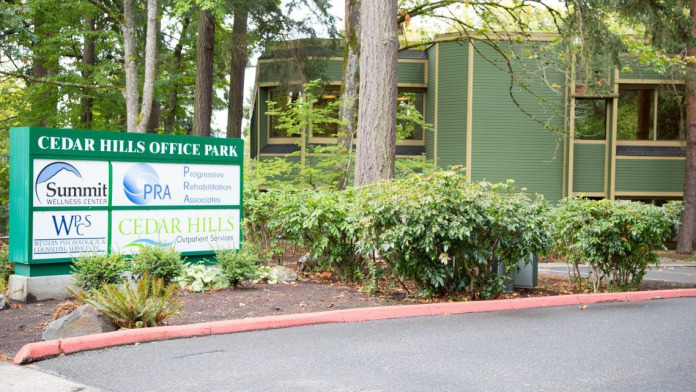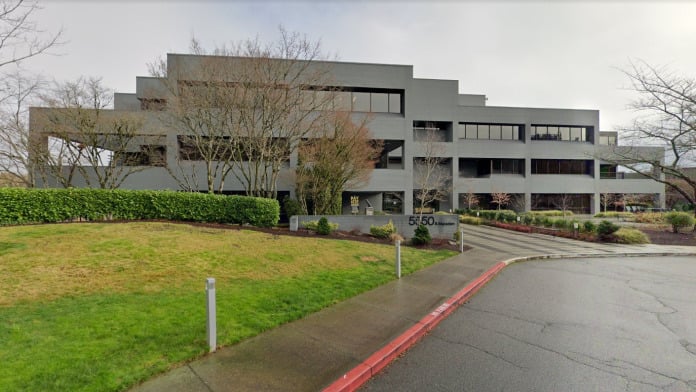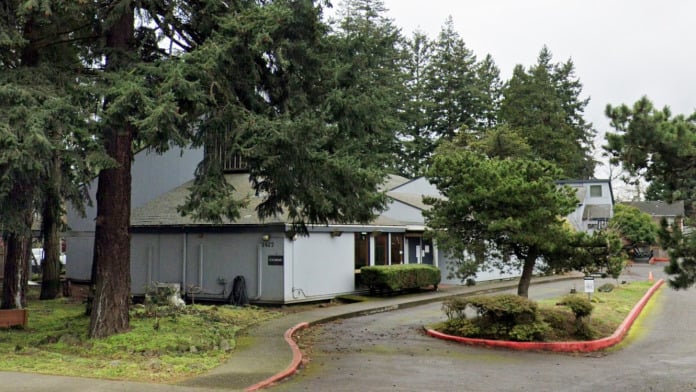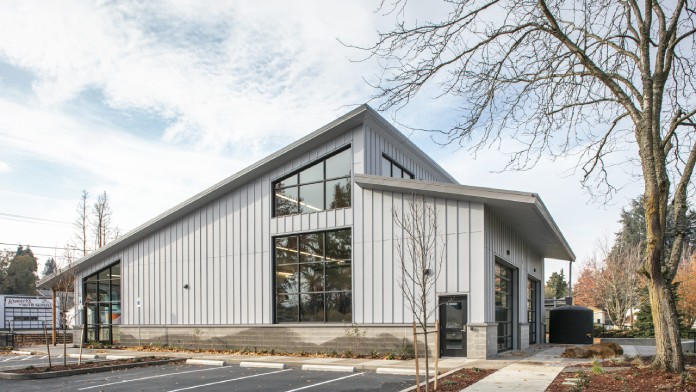I was skeptical at first, this is beyond the best detox. Their rules go according to any residential/outpatient facilities. My counselor and nurses are incredible, polite, and caring. DePaul treatment center truly saved my life, I am currently 24 months sober and living a ha ...
About Fora Health
Fora Health (formerly De Paul Treatment Centers) provides substance abuse and co-occurring mental health treatment in Portland, Oregon. The residential campus has double occupancy rooms, a dining hall with licensed nutritionists, a fitness center and an art studio all on an acre of green space that encourages recovery.
The team believes that everyone can overcome addiction and build a healthy life. Their services are designed so you don’t face challenges alone. They offer walk-in detox services so you can get the help you need without waiting. Fora provides medication assisted treatment (MAT) for those experiencing alcohol or opioid addiction and offers drop-in and phone appointments for MAT.
Peer mentors are available to help guide you through the program and walk with you on the recovery journey. Peers have been in your shoes and understand the challenges of substance abuse. They are trained and certified to help you build recovery skills and find strength for long term sobriety.
They offer a DUII program for those who have received a violation for driving under the influence of intoxicants. These DUII services are state certified. They offer affordable pricing and classes that meet at various times for your convenience. The program includes the tools and education to build healthy habits and a better relationship with drugs and alcohol.
Fora Health believes in treating the whole person, not only the disease of addiction. They include holistic methods like acupuncture and chiropractic services, which can reduce pain and promote relaxation. The program includes meditation, walking and running groups, art projects, cooking classes and event outings. These activities help you stay engaged in recovery, discover new adventures and socialize with others to build a new life without substance use.
Latest Reviews
Rehab Score
Gallery
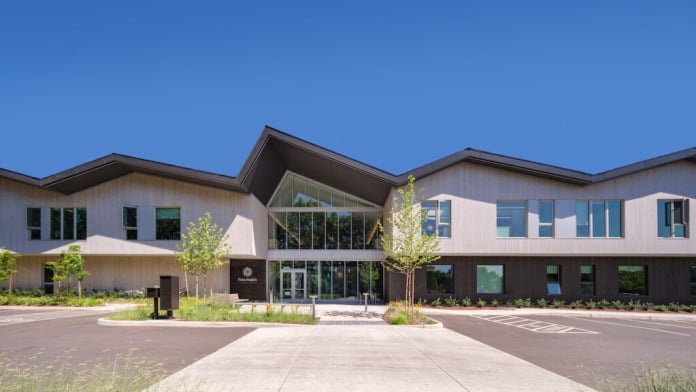
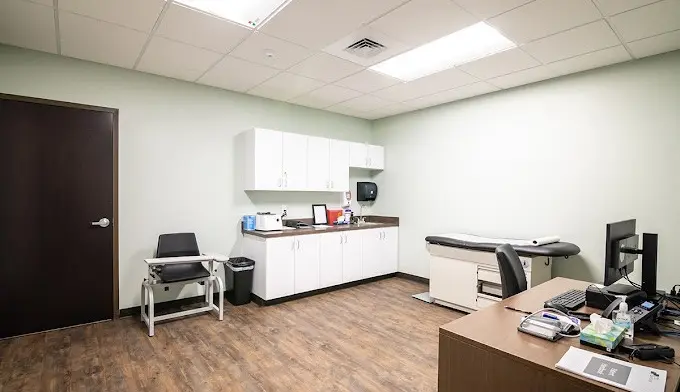
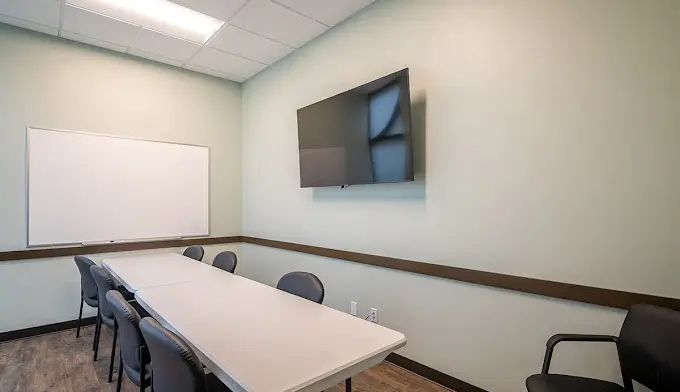
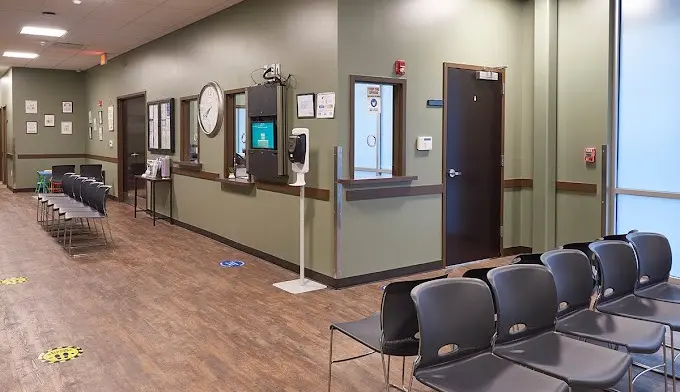
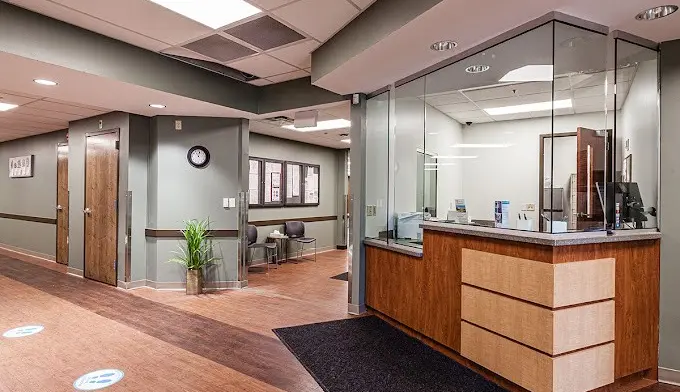
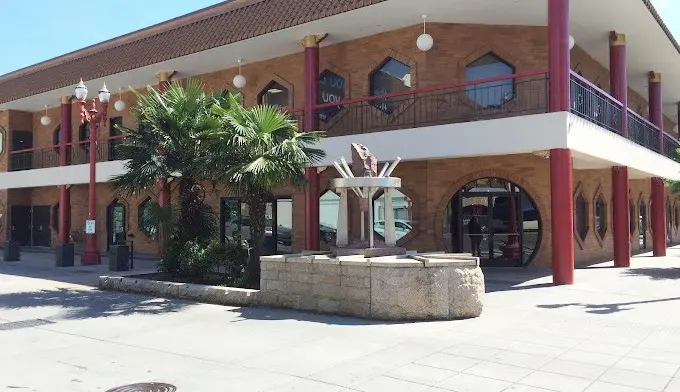
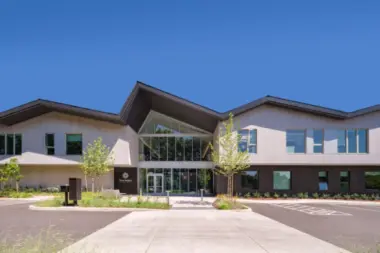
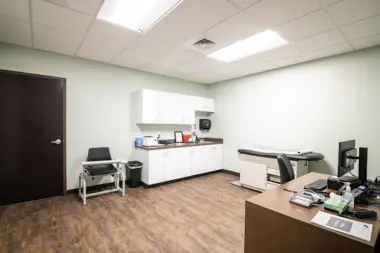
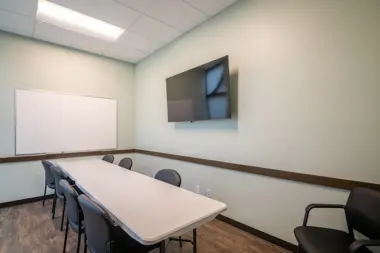
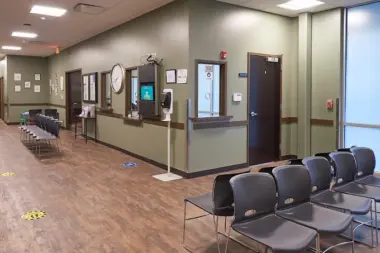
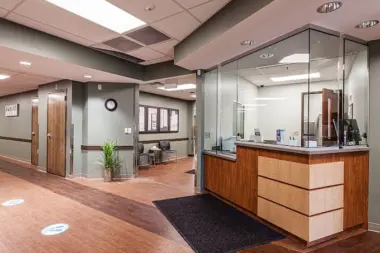
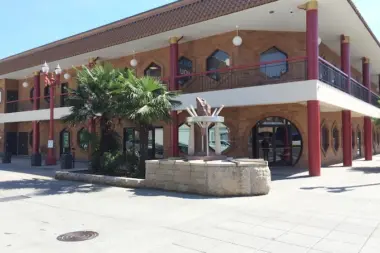
Accepted Insurance
Other Forms of Payment
Medicaid is a state based program that helps lower-income individuals and families pay for healthcare. Medicaid covers addiction treatment so those enrolled can use their coverage to pay for rehab. When a program accepts Medicaid the client often pays very little or nothing out of their own pocket.
Private insurance refers to any kind of healthcare coverage that isn't from the state or federal government. This includes individual and family plans offered by an employer or purchased from the Insurance Marketplace. Every plan will have different requirements and out of pocket costs so be sure to get the full details before you start treatment.
Self-pay involves paying for treatment out of your own pocket. You can use savings or credit, get a personal loan, or receive help from family and friends to fund your treatment. If you don't have insurance or your insurance plan doesn't cover a specific program, self-pay can help ensure you still get the care you need.
Financial aid can take many forms. Centers may have grants or scholarships available to clients who meet eligibility requirements. Programs that receive SAMHSA grants may have financial aid available for those who need treatment as well. Grants and scholarships can help you pai for treatment without having to repay.
Sliding scale payments are based on a client's income and family size. The goal is to make treatment affordable to everyone. By taking these factors into account, addiction recovery care providers help ensure that your treatment does not become a financial burden to you or your family, eliminating one barrier to care.
Addiction Treatments
Levels of Care
Day treatment is an alternative level of care for clients needing the structure of an intensive treatment program in an outpatient setting. Clients work closely with addiction counselors and school teachers for 20+ hours a week. The typical duration of the day treatment program is two to four weeks. Day treatment addiction and mental health groups are all Evidence Based, and facilitated by qualified professionals.
De Paul Treatment Centers provides social and medically assisted detoxification from alcohol and opiates. Detox at De Paul is designed to assure a safe and medically supervised transition through the acute phase of withdrawal from drugs and/or alcohol. Once the severity of symptoms have decreased, clients will be transitioned into a lower level of care.
Day Treatment is available as a transitional step down from residential treatment for clients needing the structure of an intensive treatment program for addiction of 20 or more hours a week, but who have a stable living situation and do not need the 24/7 supervision that residential treatment provides.
De Paul’s residential program for alcohol and drug treatment is individualized based on the needs of each client. Clients live at the De Paul Treatment Centers location in downtown Portland while in residential treatment and have access to staff 24/7. Residential lengths of stay vary. All De Paul residential services are gender-specific. Separate living quarters, treatment groups, meals and recreational activities for men and women facilitate the in-depth exploration of issues relevant to recovery from addiction.
At certain points in the recovery process, it's important to have support available 24/7. 24-hour clinical care offers a safe environment in which to recover from drug or alcohol addiction in peace, knowing medical detox and other treatment will happen with professionals on hand.
De Paul is closely connected to the local 12 Step community and hosts meetings at all locations throughout the week. While 12 Step is not the foundation of De Paul’s curriculums, they encourage clients to participate in meetings and to find a sponsor and home group.
The focus of the Relapse Prevention class is how to recognize your own relapse cycles, triggers, and warning signs. You will view videos, have class discussions and do homework to help yourself escape the cycle of addiction. The De Paul Alumni Association consists of people who are in Continuing Care or who have graduated from treatment (ranging from one to twenty years ago). The group offers a weekly self-support group, year-round social events, and provides volunteer services to clients currently in treatment at De Paul.
Treatments
The goal of treatment for alcoholism is abstinence. Those with poor social support, poor motivation, or psychiatric disorders tend to relapse within a few years of treatment. For these people, success is measured by longer periods of abstinence, reduced use of alcohol, better health, and improved social functioning. Recovery and Maintenance are usually based on 12 step programs and AA meetings.
Drug rehab in Oregon offers a full continuum of care for those struggling with addiction. From detox, to inpatient, to outpatient, to aftercare, Oregon residents can find the support they need for recovery. This treatment empowers individuals to replace drug use with positive alternatives and develop a healthier lifestyle.
Many of De Paul’s clients are in need of treatment for more than just substance use disorders. Mental health evaluations and treatment are available to support clients with a dual diagnosis. Their staff of qualified mental health professionals are equipped to treat a wide range of co-occurring mental health conditions from anxiety and depression to post traumatic stress disorder. Residential clients with a dual diagnosis participate in specifically designed groups. Medication management for mental health is available through De Paul’s medical team for their clients.
Opioid rehabs specialize in supporting those recovering from opioid addiction. They treat those suffering from addiction to illegal opioids like heroin, as well as prescription drugs like oxycodone. These centers typically combine both physical as well as mental and emotional support to help stop addiction. Physical support often includes medical detox and subsequent medical support (including medication), and mental support includes in-depth therapy to address the underlying causes of addiction.
Substance rehabs focus on helping individuals recover from substance abuse, including alcohol and drug addiction (both illegal and prescription drugs). They often include the opportunity to engage in both individual as well as group therapy.
Programs
Adult rehab programs include therapies tailored to each client's specific needs, goals, and recovery progress. They are tailored to the specific challenges adult clients may face, including family and work pressures and commitments. From inpatient and residential treatment to various levels of outpatient services, there are many options available. Some facilities also help adults work through co-occurring conditions, like anxiety, that can accompany addiction.
Recovery is most successful when clients feel accepted and validated by their peers and treatment providers. Facilities that offer LGBTQ-inclusive programming are committed to creating a safe space where everyone can grow and recover without fear of judgment or discrimination. They will have dedicated policies in place to create a safe and supportive environment that fosters free expression.
Young adulthood can be an exciting, yet difficult, time of transition. Individuals in their late teens to mid-20s face unique stressors related to school, jobs, families, and social circles, which can lead to a rise in substance use. Rehab centers with dedicated young adult programs will include activities and amenities that cater to this age group, with an emphasis on specialized counseling, peer socialization, and ongoing aftercare.
Clinical Services
Cognitive Behavioral Therapy (CBT) is a therapy modality that focuses on the relationship between one's thoughts, feelings, and behaviors. It is used to establish and allow for healthy responses to thoughts and feelings (instead of unhealthy responses, like using drugs or alcohol). CBT has been proven effective for recovering addicts of all kinds, and is used to strengthen a patient's own self-awareness and ability to self-regulate. CBT allows individuals to monitor their own emotional state, become more adept at communicating with others, and manage stress without needing to engage in substance abuse.
Whether a marriage or other committed relationship, an intimate partnership is one of the most important aspects of a person's life. Drug and alcohol addiction affects both members of a couple in deep and meaningful ways, as does rehab and recovery. Couples therapy and other couples-focused treatment programs are significant parts of exploring triggers of addiction, as well as learning how to build healthy patterns to support ongoing sobriety.
The focus of DBT is core mindfulness, a concept you will hear repeated again and again in all your groups and classes. Being mindful is being present to the moment. It is focused, intentional awareness of your thoughts, emotions, and behaviors, non-judgmentally. This class will provide you with concrete skills in each of the core mindfulness areas and help you to maintain your safety. Between classes, you will practice the skills and keep a daily record of their effectiveness using your DBT diary card.
Experiential therapy is a form of therapy in which clients are encouraged to surface and work through subconscious issues by engaging in real-time experiences. Experiential therapy departs from traditional talk therapy by involving the body, and having clients engage in activities, movements, and physical and emotional expression. This can involve role-play or using props (which can include other people). Experiential therapy can help people process trauma, memories, and emotion quickly, deeply, and in a lasting fashion, leading to substantial and impactful healing.
Family therapy is strongly encouraged for all clients. Participation in family therapy has been proven to increase the likelihood of completing treatment and entering long-term recovery. Family therapy services are available to family, friends, and loved ones of those suffering with a substance use disorder.
Group therapy is any therapeutic work that happens in a group (not one-on-one). There are a number of different group therapy modalities, including support groups, experiential therapy, psycho-education, and more. Group therapy involves treatment as well as processing interaction between group members.
In individual therapy, a patient meets one-on-one with a trained psychologist or counselor. Therapy is a pivotal part of effective substance abuse treatment, as it often covers root causes of addiction, including challenges faced by the patient in their social, family, and work/school life.
Life skills trainings involve all the skills a person must have in order to function successfully in the world. These include time management, career guidance, money management, and effective communication. Truly successful addiction recovery is based on the ability to not only live substance-free, but to thrive. Life skills teaches the practical necessities of functioning in society, which sets clients up for success in life, and therefore sobriety.
Motivational Interviewing (MI) is a clinical approach to helping people with substance abuse issues and other conditions shift behavior in positive ways. It is more goal-oriented than traditional psychotherapy, as MI counselors directly attempt to get clients to consider making behavioral change (rather than wait for them to come to conclusions themselves). Its primary purpose is to resolve ambivalence and help clients become able to make healthy choices freely.
Step by step, staff can help stop your nicotine use. Sugarless candy is available at the MC desk when others go out on scheduled smoke breaks. Staff will help you develop skills, breathe easier, and lower your risk of cancer, heart disease, and other serious illnesses.
Trauma therapy addresses traumatic incidents from a client's past that are likely affecting their present-day experience. Trauma is often one of the primary triggers and potential causes of addiction, and can stem from child sexual abuse, domestic violence, having a parent with a mental illness, losing one or both parents at a young age, teenage or adult sexual assault, or any number of other factors. The purpose of trauma therapy is to allow a patient to process trauma and move through and past it, with the help of trained and compassionate mental health professionals.
Accreditations

The Commission on Accreditation of Rehabilitation Facilities (CARF) is a non-profit organization that specifically accredits rehab organizations. Founded in 1966, CARF's, mission is to help service providers like rehab facilities maintain high standards of care.
CARF Accreditation: Yes
Contact Information
10230 SE Cherry Blossom Dr
Portland, OR 97216



